Home>Gardening & Outdoor>Landscaping Ideas>What Grass Seed Is Best
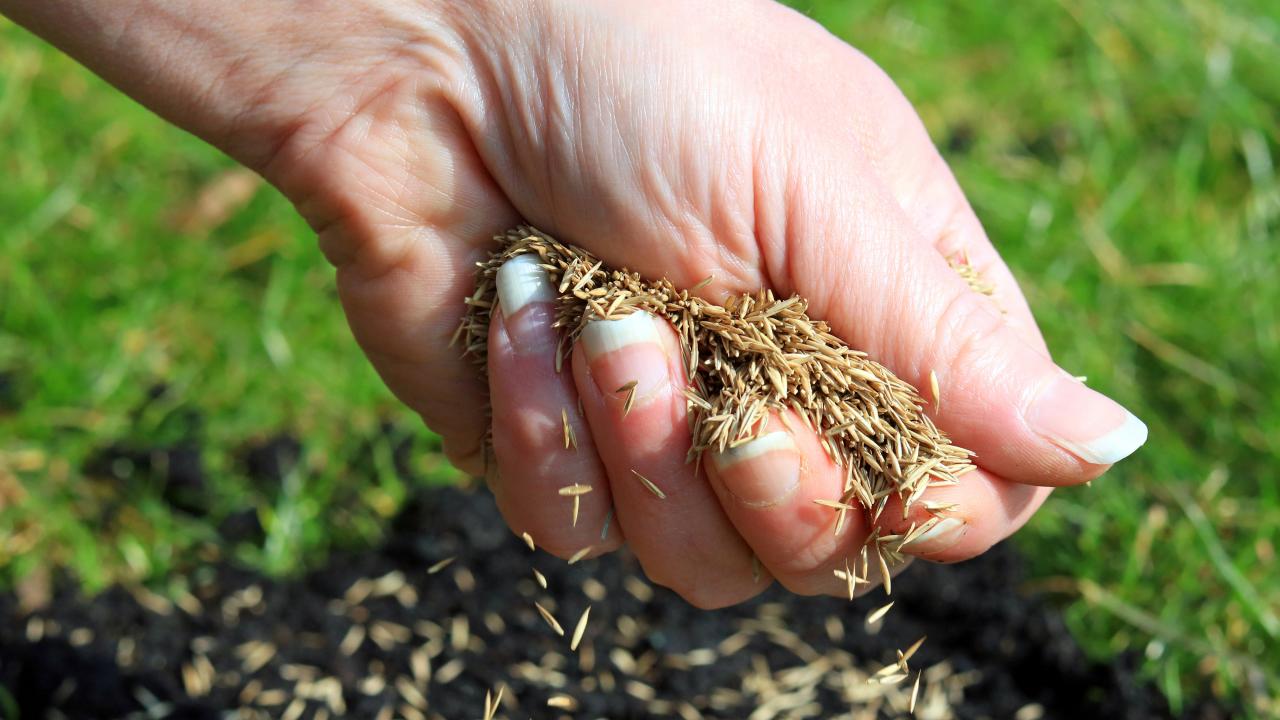

Landscaping Ideas
What Grass Seed Is Best
Published: January 26, 2024
Looking for the best grass seed for your landscaping ideas? Discover top recommendations and tips for achieving a lush, green lawn. Start your project today!
(Many of the links in this article redirect to a specific reviewed product. Your purchase of these products through affiliate links helps to generate commission for Storables.com, at no extra cost. Learn more)
Introduction
Welcome to the world of lawn care, where the choice of grass seed can make all the difference in creating a lush, vibrant lawn. Selecting the right grass seed is essential for achieving the desired results, as various factors such as sunlight, soil type, and foot traffic can significantly impact the success of your lawn. In this comprehensive guide, we will explore the best grass seed options for different conditions, helping you make an informed decision to transform your outdoor space into a verdant oasis.
Key Takeaways:
- Choose the right grass seed based on sunlight, soil type, climate, and maintenance for a lush, resilient lawn that thrives in your specific environment.
- Select grass seed varieties like Kentucky bluegrass for sunny areas, fine fescue for shade, and perennial ryegrass for high-traffic areas to ensure vibrant, enduring greenery in your outdoor space.
Read more: What Is The Best Bird Seed
Factors to Consider When Choosing Grass Seed
When embarking on the journey of selecting the perfect grass seed for your lawn, several essential factors should guide your decision-making process:
- Sunlight: Assess the amount of sunlight your lawn receives. Is it a sun-drenched expanse or a shaded retreat? Different grass species thrive in varying light conditions, so understanding the sunlight patterns in your yard is crucial.
- Soil Type: Soil composition plays a pivotal role in the success of your lawn. Whether you have sandy, loamy, or clay soil, certain grass varieties fare better in specific soil types. Consider conducting a soil test to determine the pH level and nutrient composition for optimal grass seed selection.
- Climate: Your geographical location and local climate are key determinants in choosing the right grass seed. Some grass species are tailored for cooler climates, while others withstand the heat of warmer regions. Understanding your climate zone is essential for a thriving lawn.
- Watering and Maintenance: Evaluate the level of maintenance you are willing to commit to your lawn. Some grasses require more frequent watering and meticulous care, while others are more resilient and low-maintenance.
- Foot Traffic: Consider the amount of foot traffic your lawn typically endures. If children and pets frequently romp and play in your yard, opt for a durable grass variety that can withstand heavy use without sacrificing its lush appearance.
By carefully considering these factors, you can narrow down the options and identify the most suitable grass seed for your specific lawn conditions, ensuring a flourishing and resilient green carpet for years to come.
Types of Grass Seed
Grass seed comes in a variety of types, each with its unique characteristics and suitability for different environments. Understanding the distinctions between these types can help you make an informed decision when selecting the ideal seed for your lawn:
- Cool-Season Grasses: These grasses, including varieties like Kentucky bluegrass, fescue, and ryegrass, thrive in cooler climates with moderate temperatures. They exhibit robust growth in the spring and fall, making them well-suited for regions with chilly winters and mild summers.
- Warm-Season Grasses: Ideal for warmer climates, warm-season grasses such as Bermuda grass, Zoysia grass, and St. Augustine grass flourish in hot temperatures and are well-adapted to withstand drought conditions. They are best suited for regions with scorching summers and mild winters.
- Transition Zone Grasses: Situated between the cool and warm climate regions, the transition zone experiences a mix of both extremes. Grasses like tall fescue and fine fescue are often preferred in this zone for their ability to tolerate a wide range of temperatures.
- Native Grasses: Native grass species are well-suited to specific regions and are known for their adaptability and resilience. They are often chosen for their low maintenance requirements and ability to thrive in their natural habitats.
Each type of grass seed offers distinct advantages and considerations, and selecting the right type based on your climate and environmental conditions is crucial for establishing a thriving lawn that remains vibrant throughout the year.
Best Grass Seed for Sunny Areas
For sun-drenched lawns that bask in abundant natural light, selecting the right grass seed is essential to foster healthy growth and vibrant greenery. When choosing grass seed for sunny areas, consider the following options:
- Kentucky Bluegrass: Known for its fine texture and rich green color, Kentucky bluegrass thrives in full sun and adapts well to various soil types. It forms a dense, lush carpet and is ideal for lawns that receive ample sunlight.
- Bermuda Grass: With its exceptional heat tolerance and rapid growth, Bermuda grass is well-suited for sunny environments. It exhibits excellent resilience and thrives in hot climates, making it a popular choice for sun-soaked lawns.
- Zoysia Grass: Renowned for its ability to withstand intense sunlight and heat, Zoysia grass is an excellent option for sunny areas. It boasts a dense growth pattern and requires minimal maintenance, making it a top contender for vibrant, sun-kissed lawns.
- Tall Fescue: This cool-season grass variety is known for its adaptability to full sun conditions. It exhibits remarkable drought tolerance and maintains its lush appearance even in the face of prolonged sunlight exposure.
These grass seed options are well-suited for sunny areas, offering resilience, vibrant color, and the ability to thrive in environments with ample sunlight. When cultivating a sun-drenched lawn, selecting the right grass seed is the first step towards achieving a verdant and inviting outdoor space.
When choosing grass seed, consider the climate and soil type of your area. Cool-season grasses like fescue and ryegrass are best for northern regions, while warm-season grasses like Bermuda and Zoysia are better for southern regions.
Best Grass Seed for Shady Areas
Shaded lawns present a unique set of challenges when it comes to selecting the most suitable grass seed. In these environments, it is crucial to choose grass varieties that thrive in low-light conditions and exhibit resilience in the absence of direct sunlight. When seeking the best grass seed for shady areas, consider the following options:
- Fine Fescue: Well-known for its shade tolerance, fine fescue is an excellent choice for lawns with limited sunlight. It forms a fine-textured, dense turf and excels in cooler climates, making it an ideal option for shaded environments.
- Creeping Red Fescue: This shade-tolerant grass variety is prized for its ability to thrive in areas with reduced sunlight. It creates a lush, carpet-like appearance and is well-suited for lawns that are predominantly shaded throughout the day.
- St. Augustine Grass: While primarily known for its heat tolerance, St. Augustine grass also exhibits moderate shade tolerance, making it a viable option for lawns with partial shade. It maintains its vibrant green color even in areas with limited sunlight.
- Zoysia Grass: In addition to its suitability for sunny areas, certain varieties of Zoysia grass, such as “Emerald” and “Zeon,” demonstrate notable shade tolerance, making them viable options for lawns with dappled sunlight.
These grass seed options are well-adapted to thrive in shaded environments, offering lush growth and vibrant green hues even in areas with reduced sunlight. By selecting the right grass seed for shady areas, you can cultivate a thriving and visually appealing lawn that flourishes in spite of limited light exposure.
Read more: What Are The Best Chia Seeds
Best Grass Seed for High Traffic Areas
Lawns that experience heavy foot traffic, whether from playful children, energetic pets, or frequent social gatherings, require resilient grass varieties that can withstand the rigors of constant use. When selecting grass seed for high traffic areas, it is essential to choose robust and durable options that can maintain their lush appearance despite ongoing activity. Consider the following grass seed options ideal for high traffic areas:
- Perennial Ryegrass: Renowned for its exceptional wear tolerance and rapid germination, perennial ryegrass is an ideal choice for high traffic areas. It forms a dense, resilient turf that can withstand heavy use without sacrificing its vibrant green color.
- Tall Fescue: With its remarkable durability and ability to thrive in diverse conditions, tall fescue is well-suited for lawns subjected to frequent foot traffic. It maintains its robust growth and lush appearance, making it an excellent option for high activity areas.
- Zoysia Grass: Certain varieties of Zoysia grass, such as “Meyer” and “Empire,” exhibit notable wear tolerance, making them suitable for high traffic lawns. They recover well from damage and continue to present a visually appealing turf even in the face of constant use.
- Kentucky Bluegrass: While recognized for its fine texture and lush appearance, Kentucky bluegrass also boasts remarkable resilience, making it a viable choice for lawns with high foot traffic. It withstands wear and tear while maintaining its vibrant green hue.
By choosing grass seed varieties specifically tailored for high traffic areas, you can establish a resilient and visually appealing lawn that remains lush and vibrant, even in the presence of ongoing activity. These durable grass options ensure that your outdoor space maintains its beauty and vitality, regardless of the level of foot traffic it experiences.
Conclusion
Choosing the right grass seed is a fundamental step in creating a thriving and visually captivating lawn. By considering key factors such as sunlight, soil type, climate, and maintenance requirements, you can narrow down the options and identify the most suitable grass seed for your specific lawn conditions. Whether you have a sun-drenched expanse, a shaded retreat, or a high-traffic outdoor space, there are grass seed varieties tailored to meet your lawn’s unique needs.
From the lush resilience of Kentucky bluegrass to the shade tolerance of fine fescue, and the wear resistance of perennial ryegrass, there is a diverse array of grass seed options available to transform your outdoor space into a verdant oasis. Understanding the distinct characteristics of each grass variety empowers you to make an informed decision, ensuring that your lawn flourishes in its specific environment.
Ultimately, the best grass seed for your lawn is the one that aligns with your environmental conditions and maintenance preferences, fostering a vibrant and enduring green carpet that enhances the beauty of your outdoor landscape. With the right grass seed selection, your lawn can become a welcoming haven, offering a lush and inviting backdrop for leisure, recreation, and relaxation.
By leveraging the insights shared in this guide, you can embark on your lawn care journey with confidence, knowing that you have the knowledge to select the best grass seed for your outdoor space, laying the foundation for a resilient, vibrant, and visually stunning lawn that enriches your outdoor living experience.
Frequently Asked Questions about What Grass Seed Is Best
Was this page helpful?
At Storables.com, we guarantee accurate and reliable information. Our content, validated by Expert Board Contributors, is crafted following stringent Editorial Policies. We're committed to providing you with well-researched, expert-backed insights for all your informational needs.
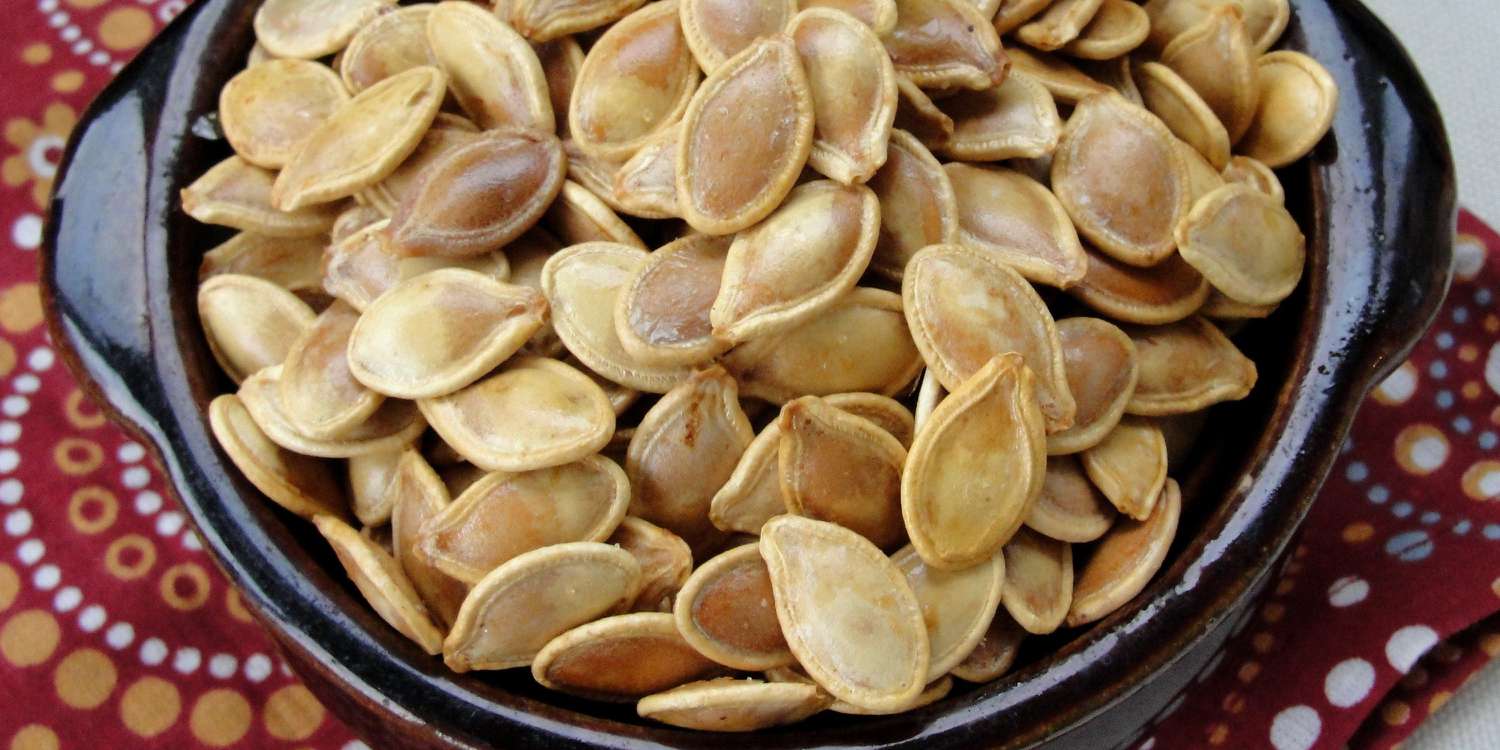

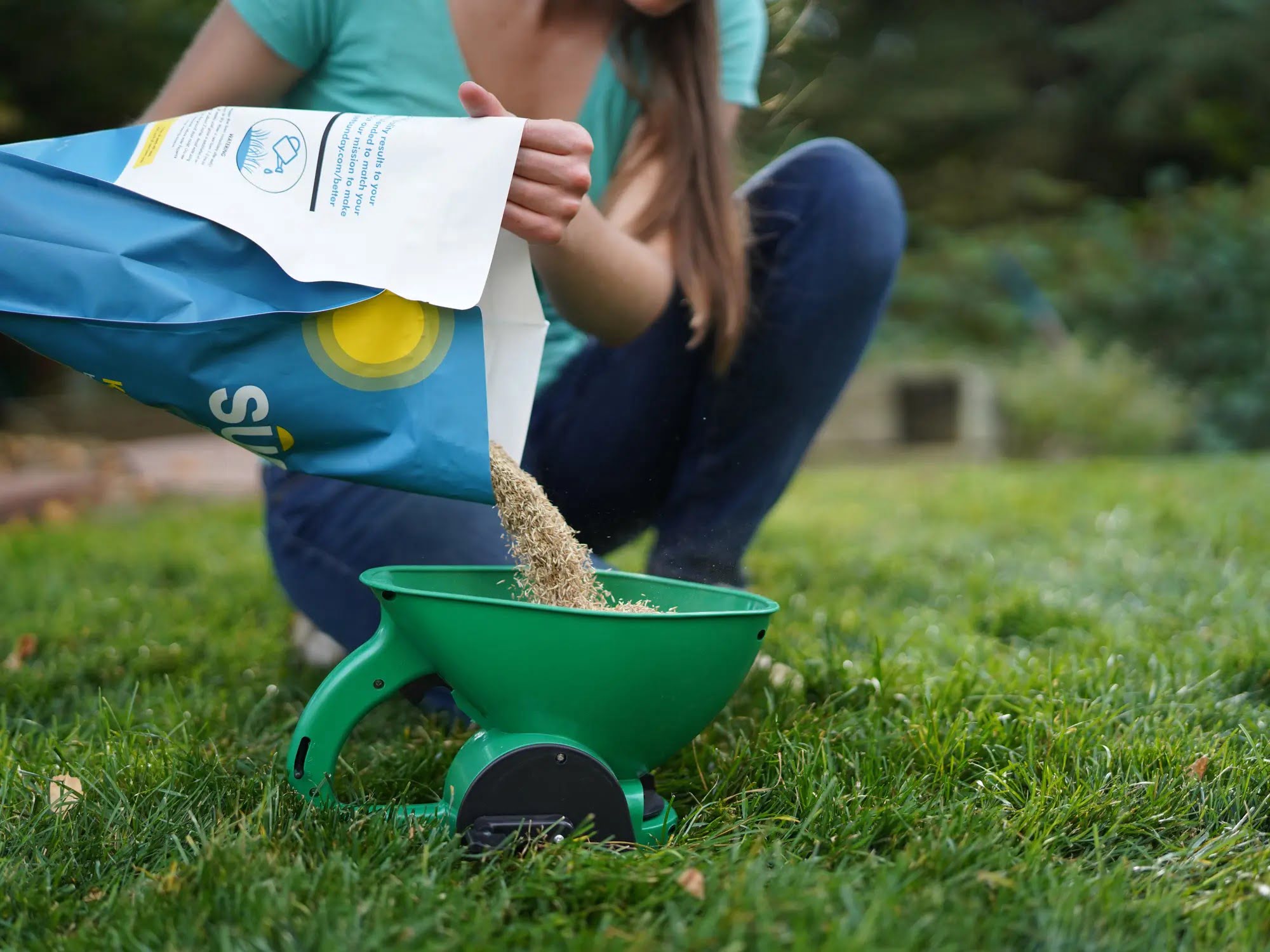

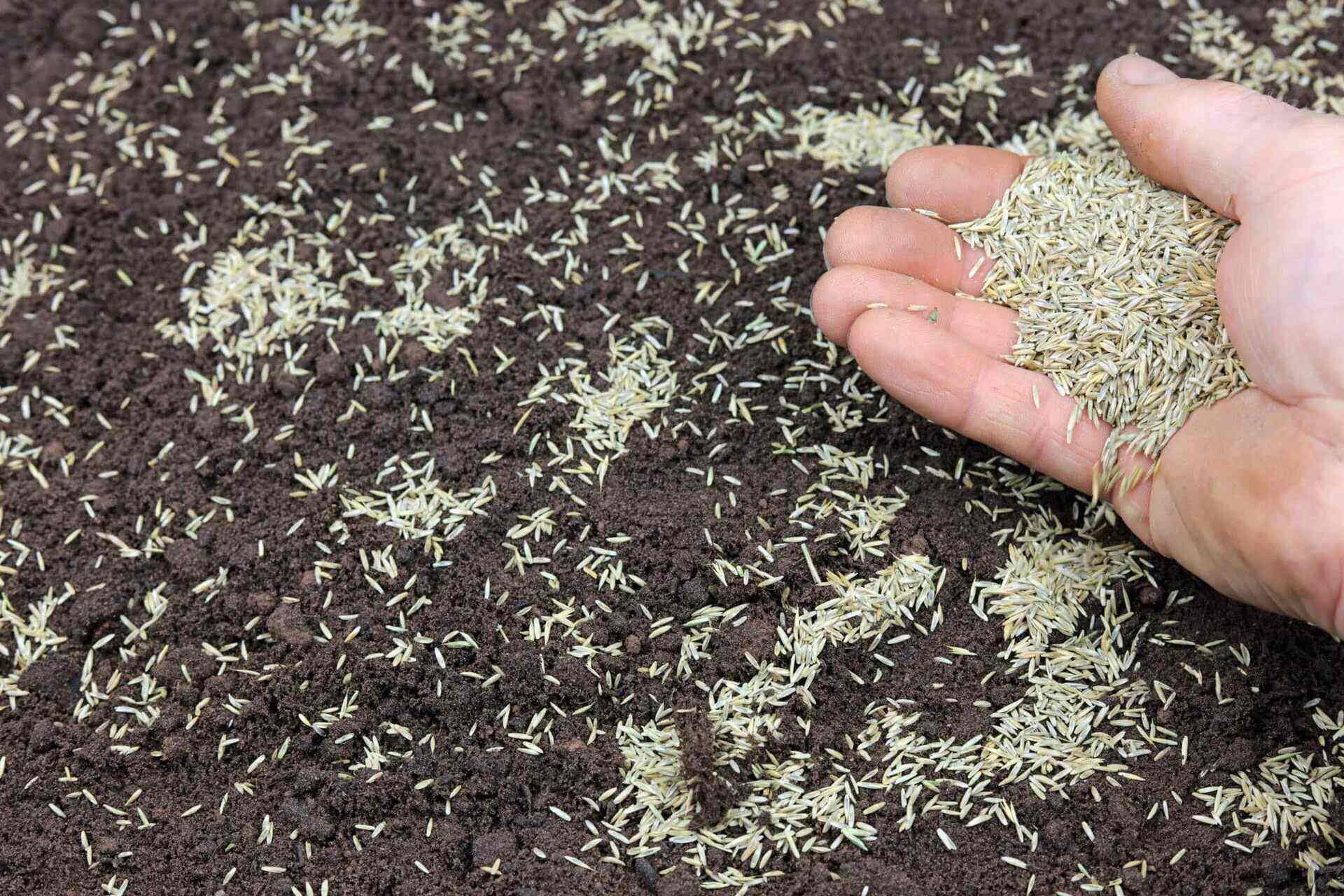

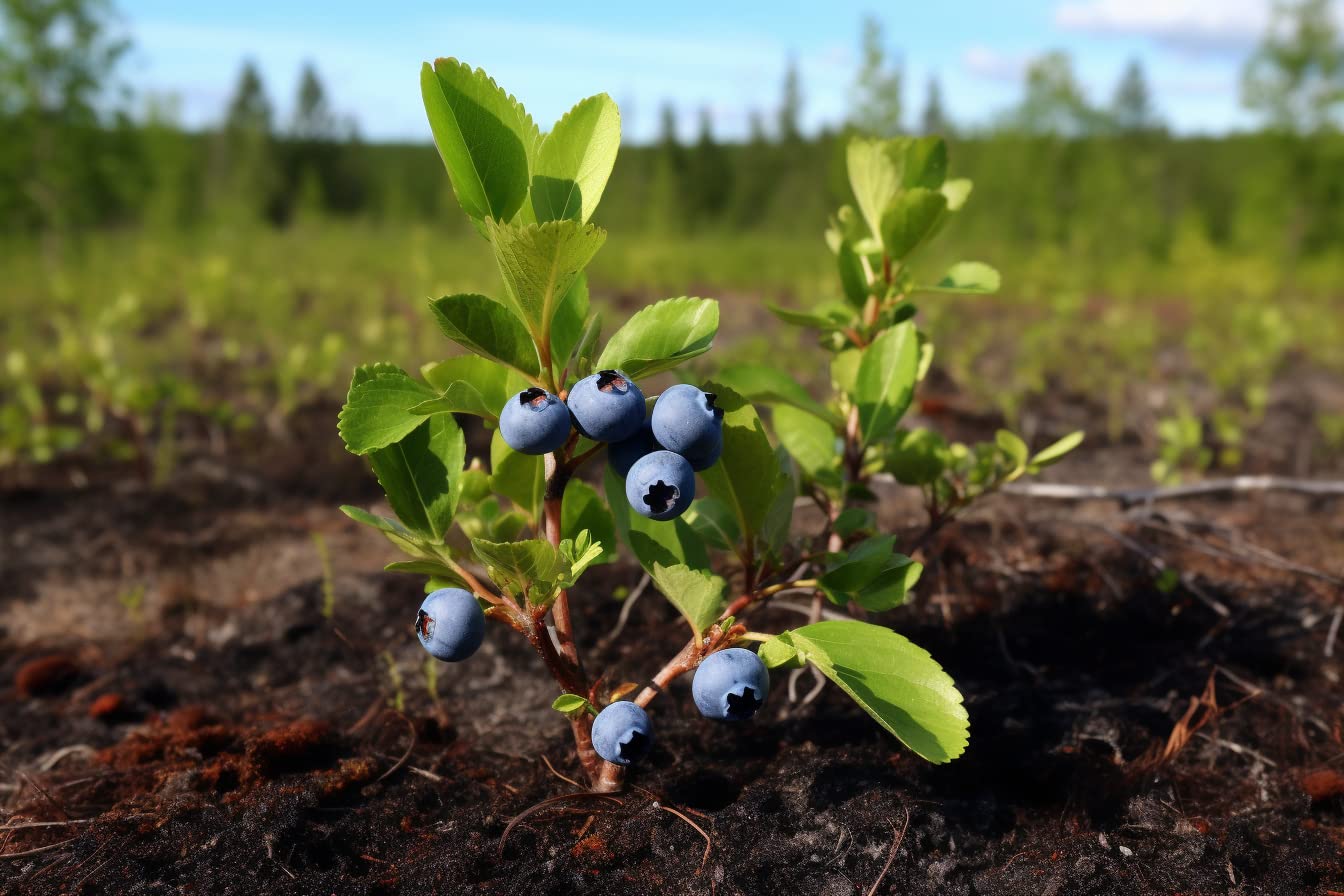
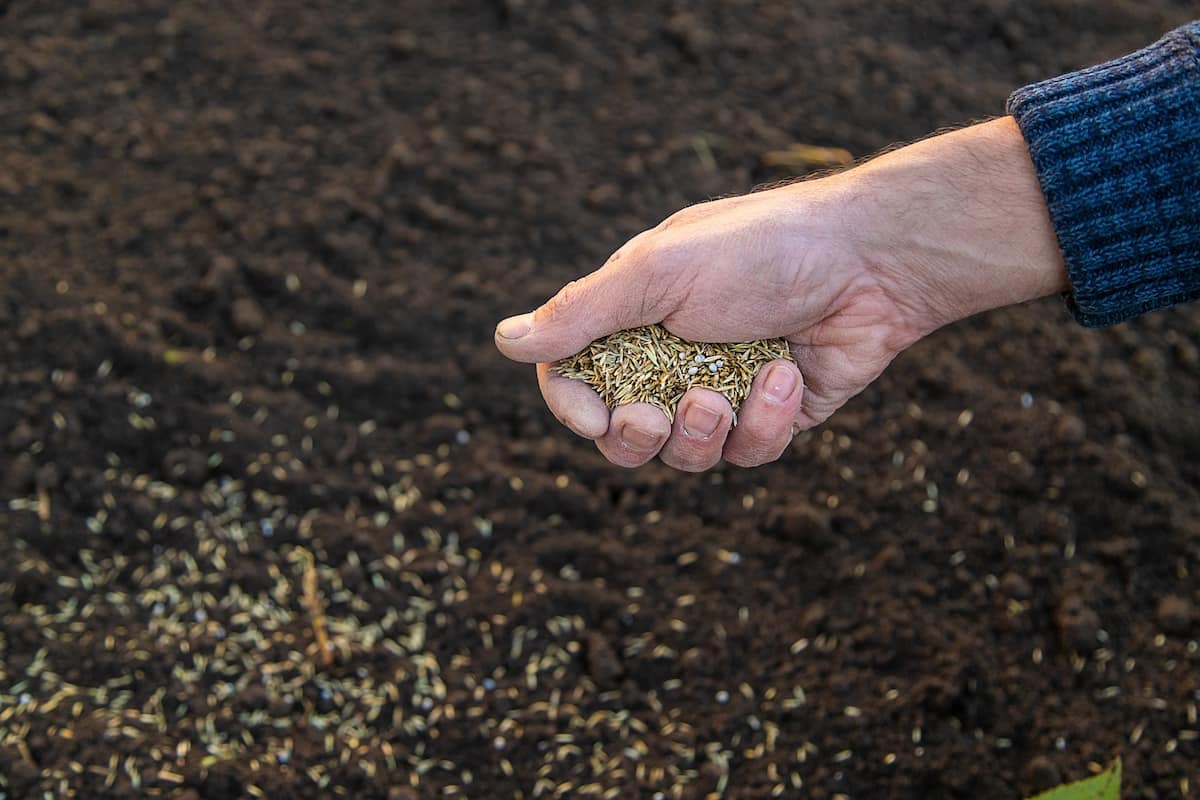
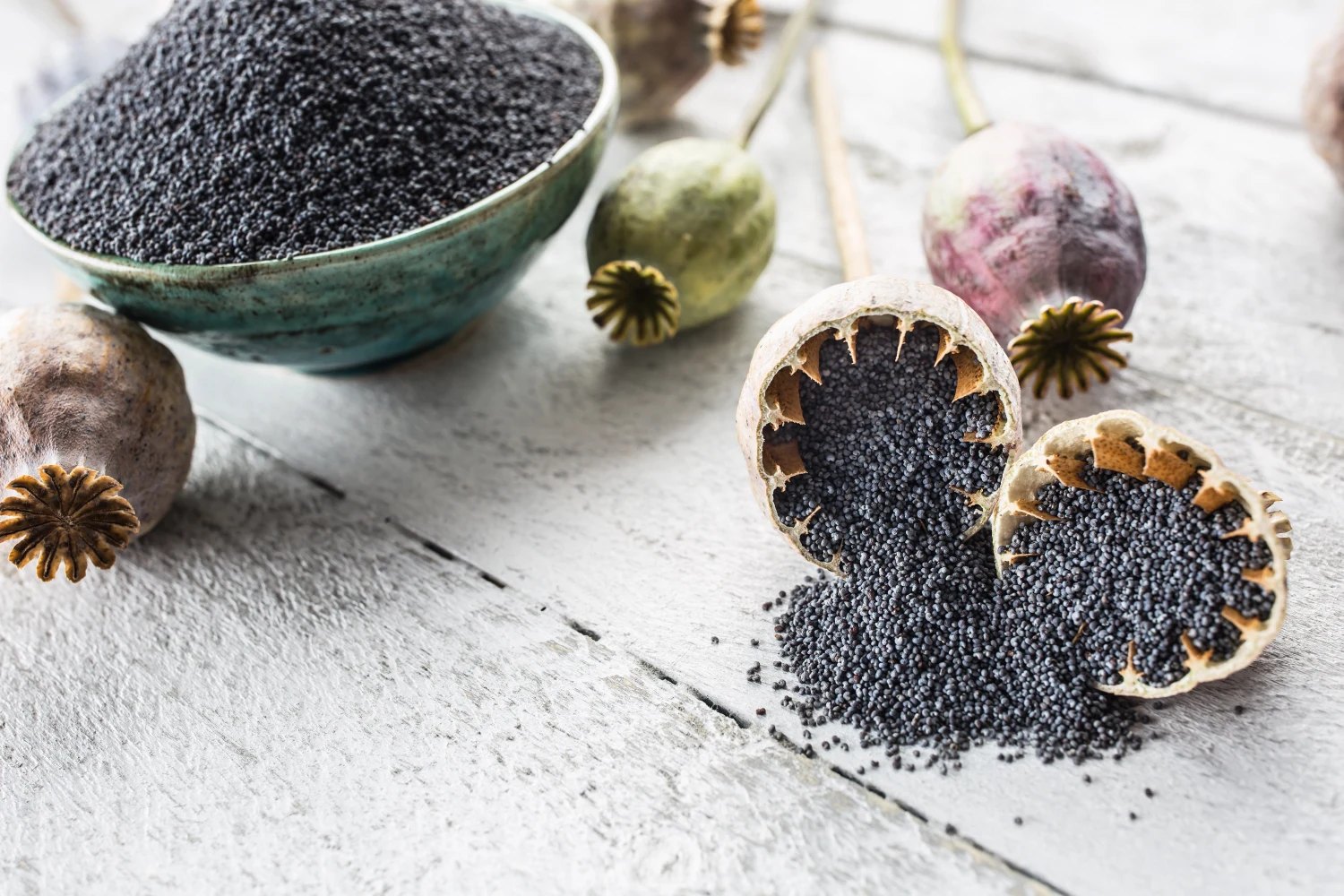
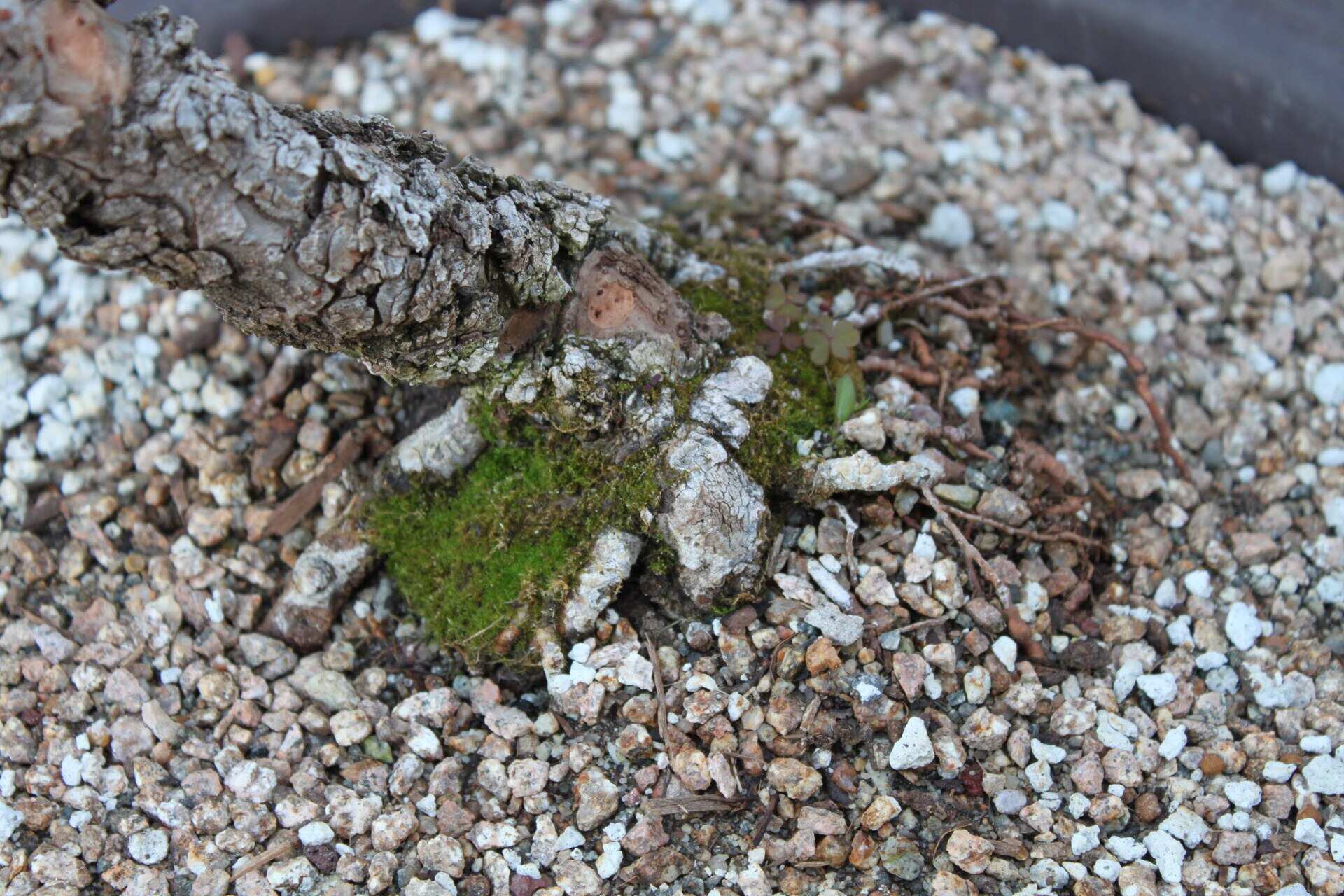
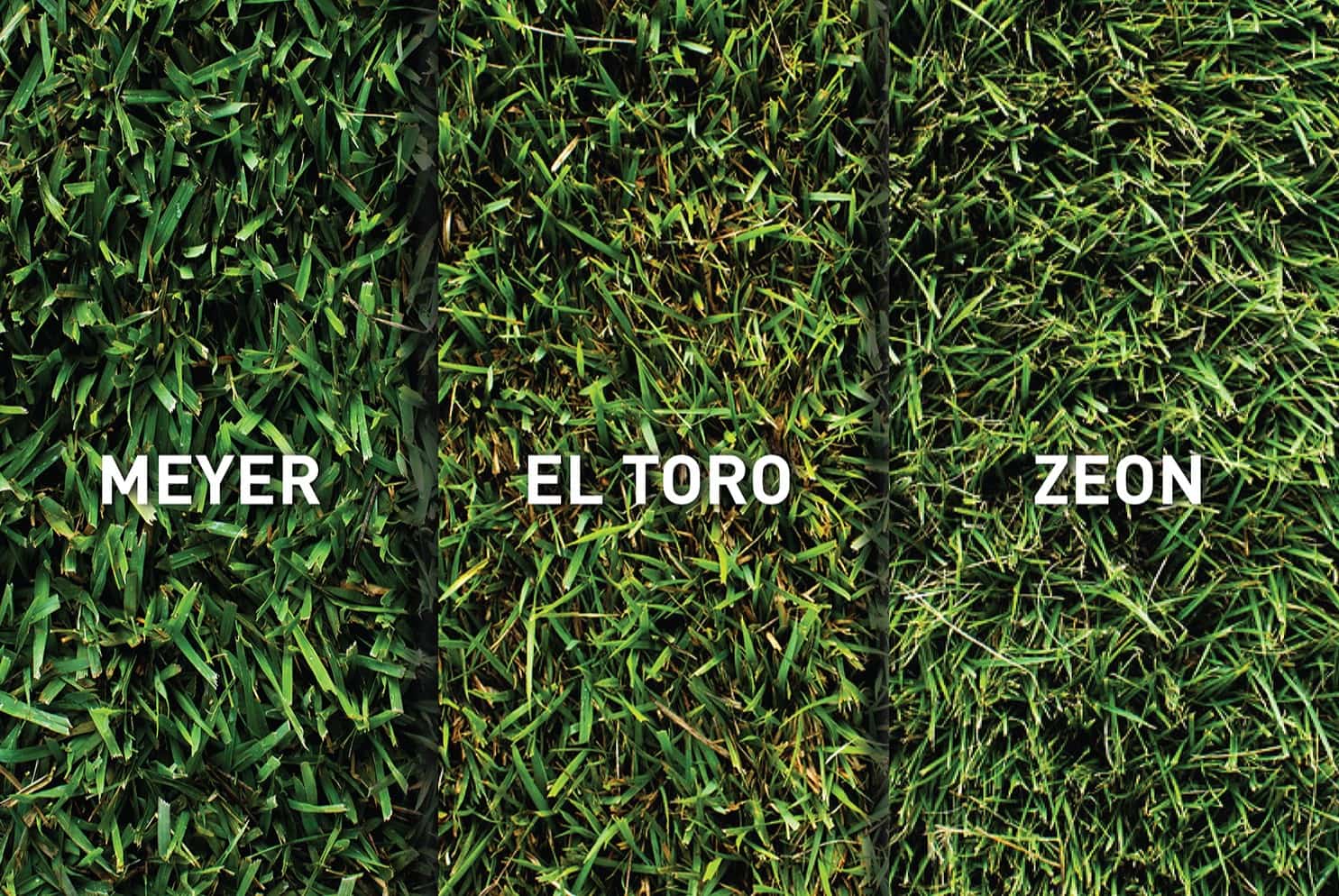
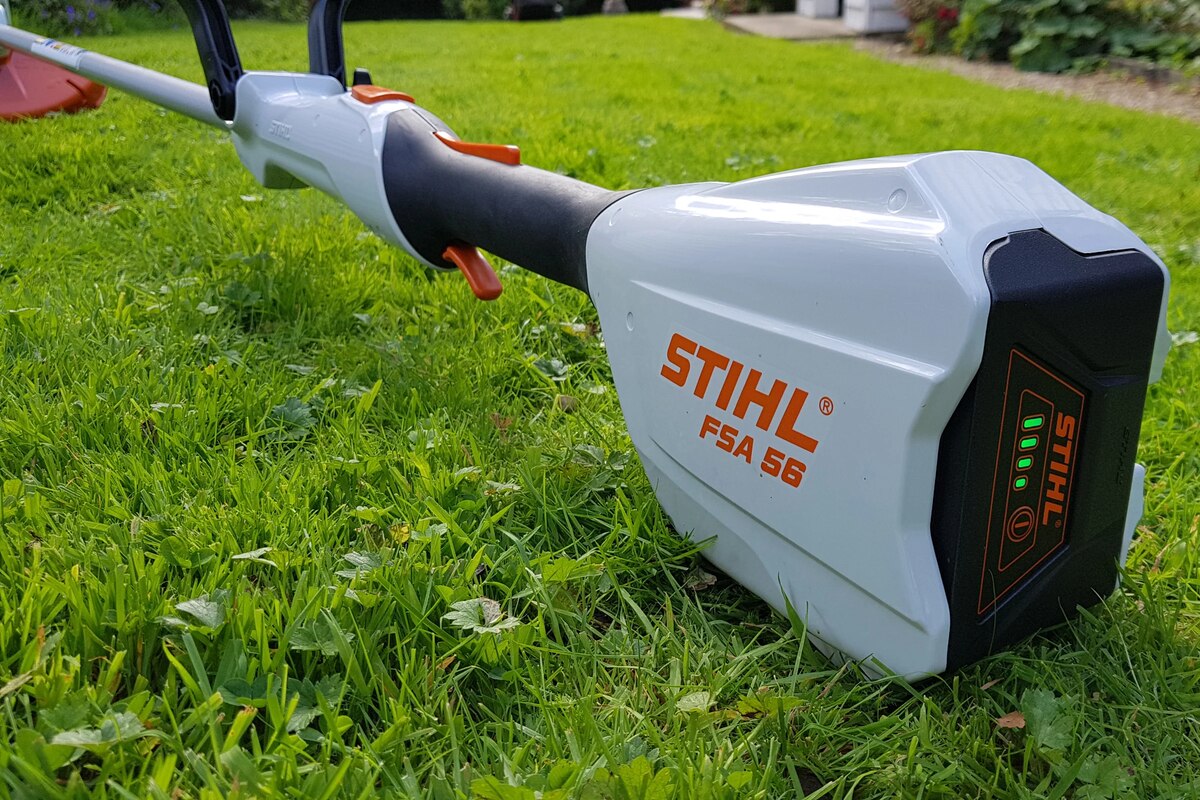
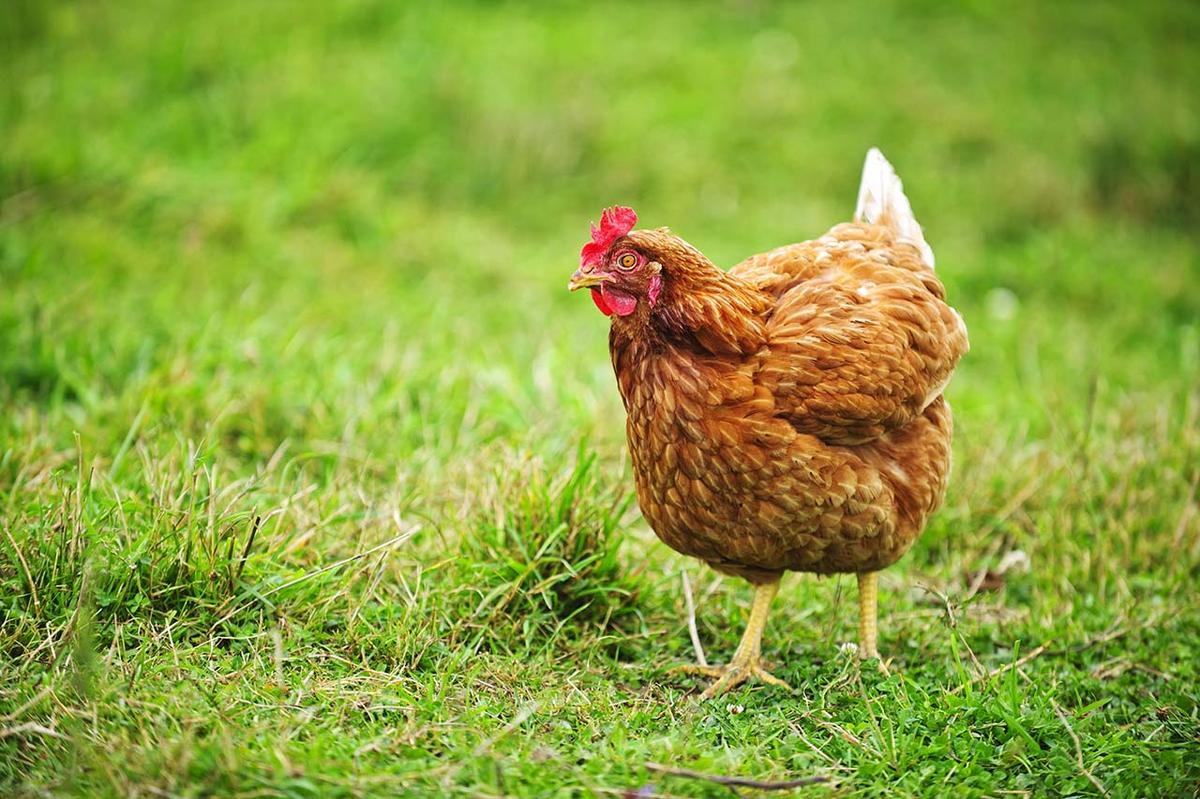
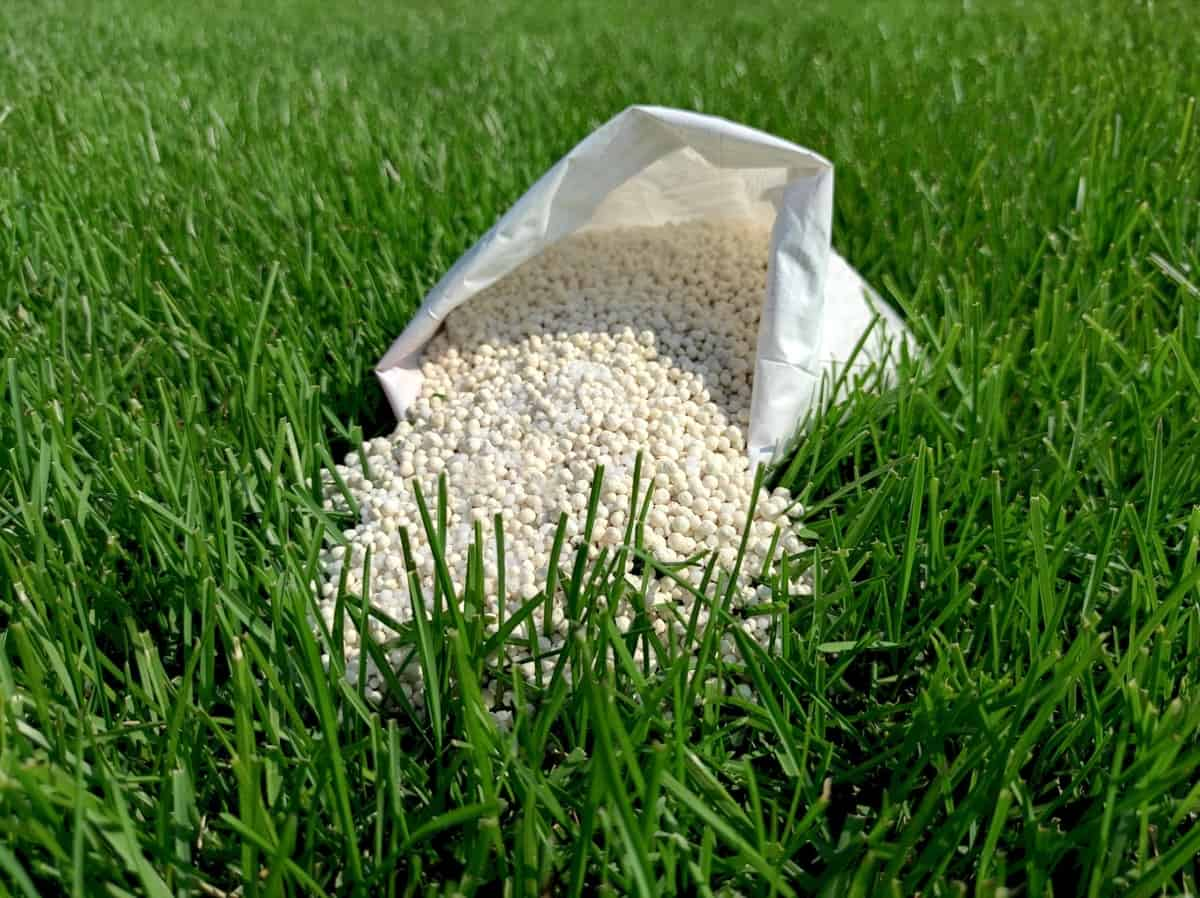

0 thoughts on “What Grass Seed Is Best”